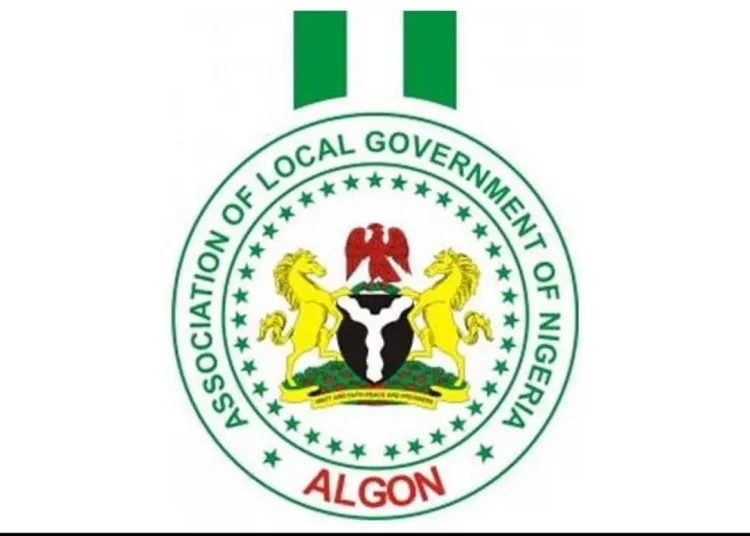Stakeholders, including the Association of Local Governments of Nigeria (ALGON), have declared that the delay in granting financial autonomy to the third tier of government was undermining democratic governance in the country.
At the second policy dialogue on local government reforms, critics expressed concern at the delay in implementing the Supreme Court ruling granting financial autonomy to local governments, warning that such a delay erodes democratic governance and weakens grassroots development.
Speaking at the Agora Policy Dialogue tagged: “Local Government Reforms, a Year after Supreme Court’s Ruling” in Abuja yesterday, ALGON, civil society groups and governance experts called on the federal government to expedite action on the judgement delivered in July 2024 by the Supreme Court which declared that local governments are entitled to direct allocations from the federation account and that caretaker committees are unconstitutional.
Akala Samuel, who represented the national president of ALGON, Bello Lawal, at the event, said that whereas the local government authorities had fulfilled their obligations regarding the implementation of the judgement, the federal government had yet to execute the ruling fully.
“After the judgment, the federal government inaugurated a presidential implementation committee with ALGON, the Nigeria Governors’ Forum, and other stakeholders as members.
“ALGON signed off on implementation since last year, and we have taken steps to train our members on budgeting, accountability, and governance. We are ready,” Samuel said.
Meanwhile, the federal government has said it was discussing with sub-nationals on possible ways for the implementation of financial autonomy for the 774 local government areas in the country.
According to the finance minister, all the representatives of both the federal and state governments at the last meeting of the Federation Account Allocation Committee (FAAC) agreed that there should be cooperation among the three tiers of government with a determination to make the Supreme Court judgement work.
Despite the Supreme Court ruling, the federal government has yet to fully implement local government autonomy primarily due to ongoing procedural processes, including setting up proper financial structures and addressing constitution amendments.
While significant, the Supreme Court ruling does not automatically translate into immediate implementation, and states with appointed caretaker committees for LGAs may face challenges in aligning with it.
The executive chairman, Fiscal the Responsibility Commission, Victor Muruako, acknowledged that the financial autonomy granted to LGAs would empower them to deliver essential services – education, healthcare, rural infrastructure, agricultural support, and economic empowerment – more effectively.
He said the LGAs need to be trained on public finance management and manpower development to instill a culture of accountability in their operations.
“I passionately urge all local governments in Nigeria to preface the implementation of their autonomy with clear commitments to fiscal transparency, accountability, and prudence,” Muruako stated.
Samuel had earlier stated that discussions had been held with the Central Bank of Nigeria (CBN) on opening dedicated accounts for direct fund transfers to local councils, but the political will to finalise the process appears to have waned.
“We remain indebted to Nigerians and organisations like Agora Policy for keeping the conversation alive. This is not about local government administrators alone; it’s about grassroots development,” he added.
Other civil society voices, such as the executive director of Yiaga Africa, Samson Itodo, warned that failure to implement the ruling signals a deterioration of Nigeria’s democratic values.
“If the Supreme Court issues a ruling and government agencies fail to comply, it shows a blatant disregard for the rule of law and marks a democratic erosion. It’s a manifestation of impunity,” Itodo stated.
He further noted that while the ruling prompted several states to rush into conducting local government elections in 2024, most of these elections were marred by irregularities.
Earlier in her welcome remarks, the chair of Agora Policy, Ojobo Ode Atuluku, reaffirmed the think tank’s commitment to strengthening democratic institutions through evidence-based reforms.
She described the 2024 Supreme Court ruling as a turning point and called for full devolution of powers and financial autonomy to local councils.
“The judgement was not just a legal milestone, but a constitutional reaffirmation that local governance must be transparent, accountable, and citizen-driven. We must dismantle patronage networks and rebuild functional grassroots institutions,” she said.
Agora Policy also announced the launch of the local governance accountability portal, a digital platform that will house data on FAAC allocations, LGA profiles, and elected officials from 1999 to date. The portal aims to improve transparency and civic engagement.
We’ve got the edge. Get real-time reports, breaking scoops, and exclusive angles delivered straight to your phone. Don’t settle for stale news. Join LEADERSHIP NEWS on WhatsApp for 24/7 updates →
Join Our WhatsApp Channel










